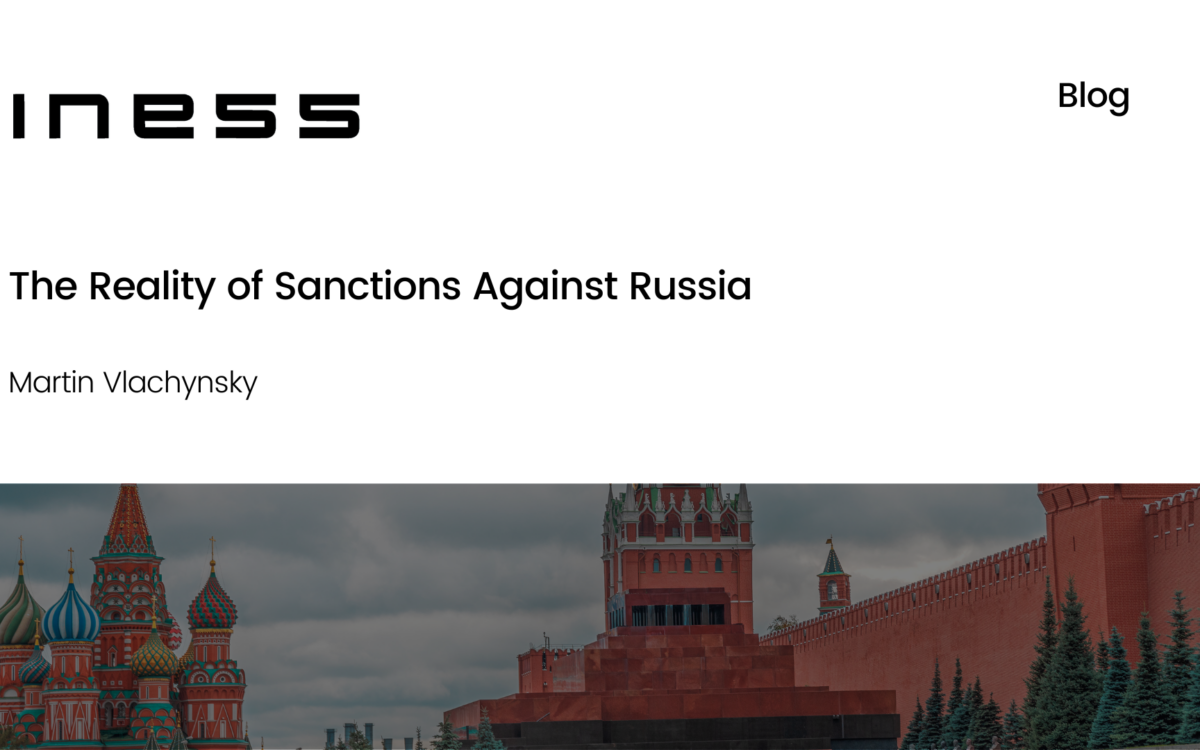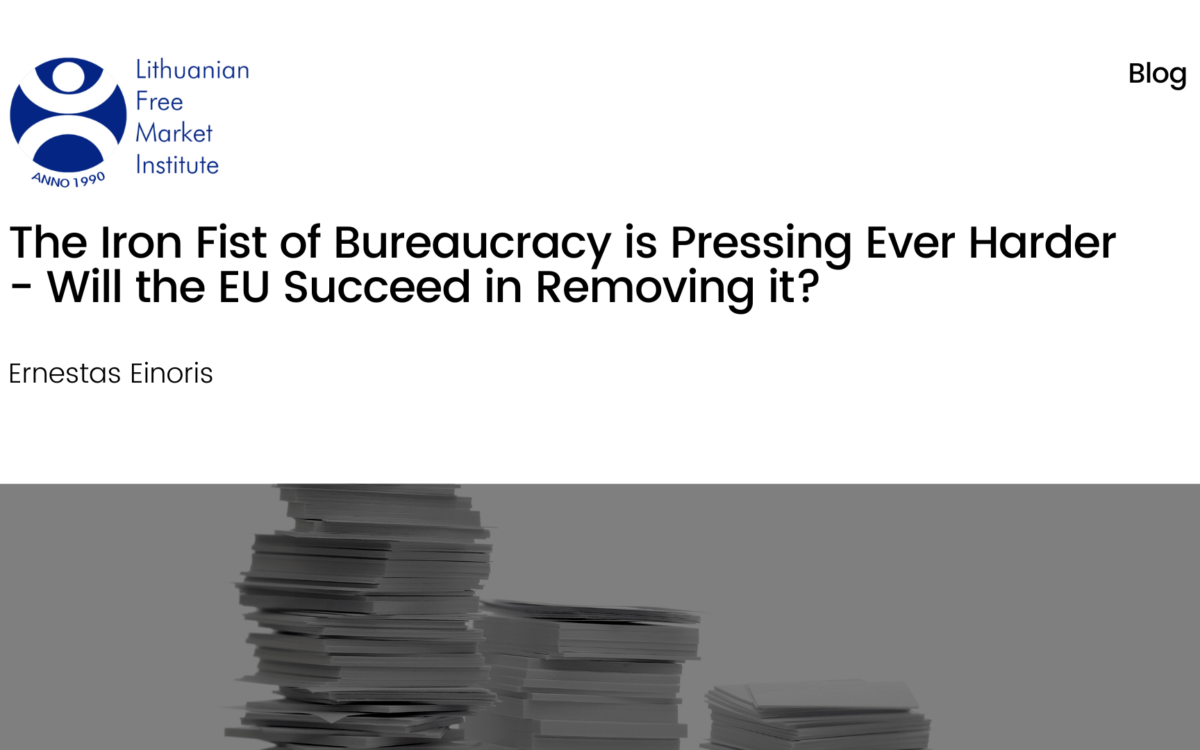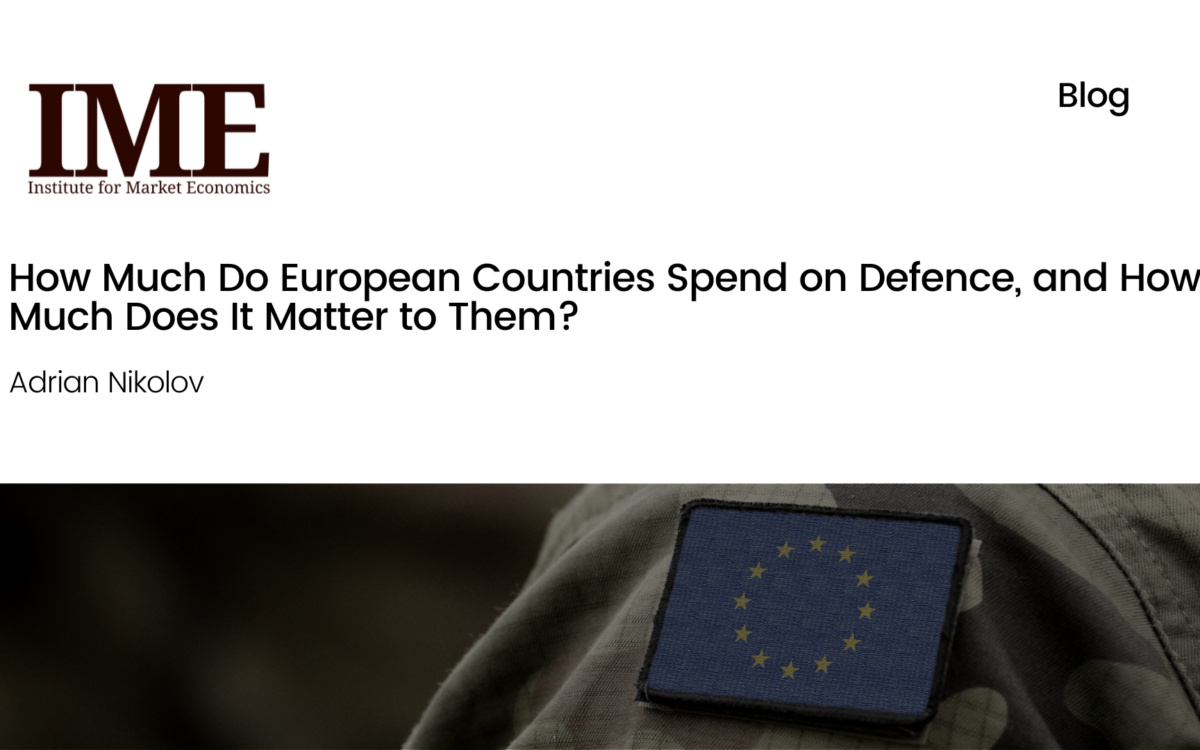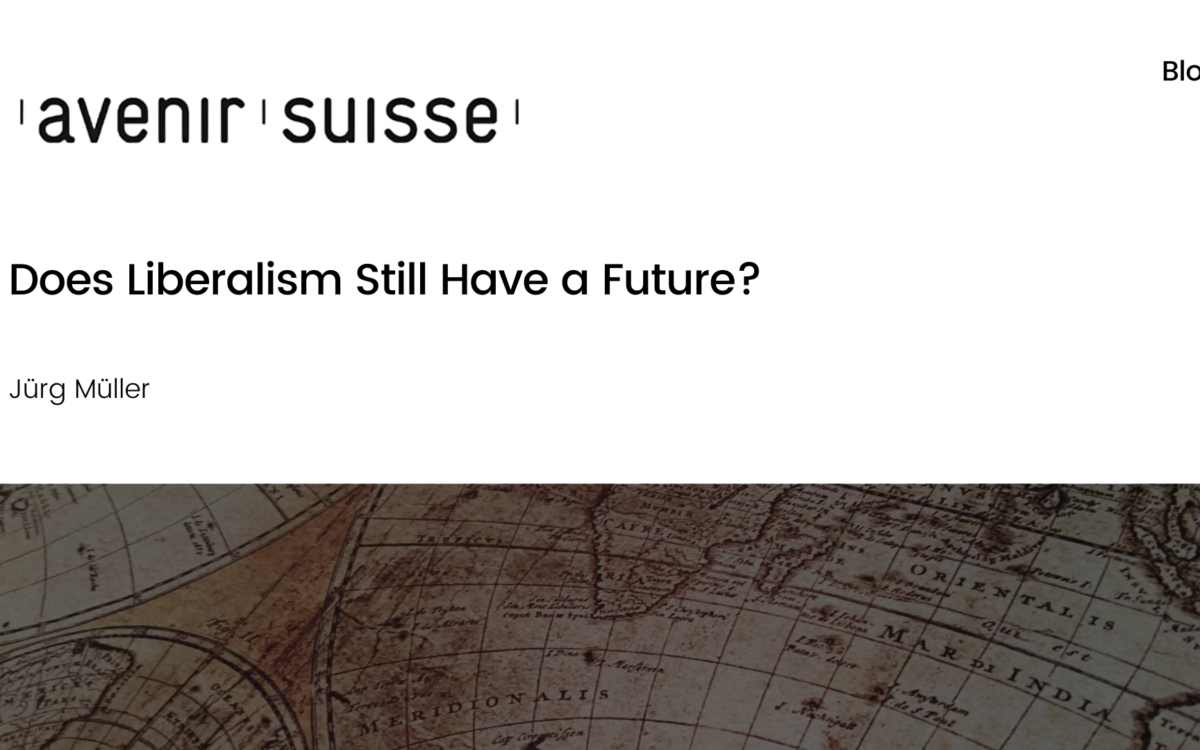Poland’s 20-Year EU Success Story: Reforms of the Single Market are Now Necessary
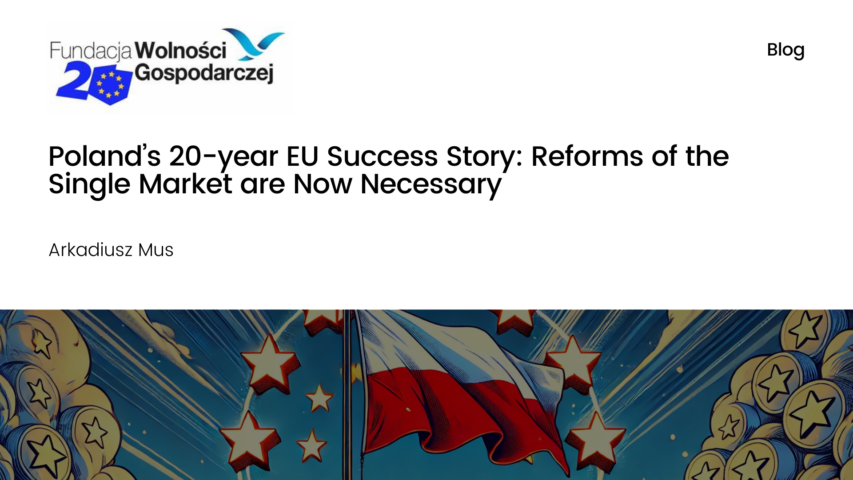
Poland’s 20-Year EU Success Story: Reforms of the Single Market are Now Necessary
Arkadiusz Mus // May 28 2024
The 20th anniversary of Poland joining the EU is an opportunity to examine the country’s role in the Single Market.
As an entrepreneur operating in many markets, I see that Poland benefits from its EU membership, and that the entire Union has benefited from the Single Market over the last 30 years. The EU regime is not only about the subsidies and infrastructure it co-finances, but also about upholding the rule of law and human rights. These are all important, and it is natural that they are widely discussed; but much less is said about where the money for EU funds and other programmes comes from and why a strong economy is needed.
The Single Market is undeniably the foremost achievement of the EU in terms of economic integration and the associated free movement of goods, people, services, and capital. This is the liberal economic foundation of the EU, which is why it is such an important area of work for the Economic Freedom Foundation. The data presented in the foundation’s report (FWG: 2024) shows that joining the EU on 1 May, 2004, brought Poland many benefits, but the positive impact of the Single Market on its economic growth was at least five times greater than the inflow of European funds.
Poland’s accession to the EU was a breakthrough moment for many companies operating in the country, which is confirmed by the history of Press Glass, which I founded. In 2004, we employed 801 people, and the company’s revenues from our three plants amounted to EUR 53 million. After 20 years of Poland being in the EU, our products are now present in 25 countries, we employ nearly 5,000 people, and our revenues are at EUR 810 million. In addition to five plants in Poland, we now have plants in Croatia and Lithuania, as well as six plants in the United Kingdom, which was a market we entered when the UK was still part of the EU. Our dynamic growth in the EU market and international experience allowed us to go further and invest in production in the United States as well.
Of course, a company’s success consists of many factors: people, management, specific decisions, and even luck. Nevertheless, if we had to devote resources and time to dealing with customs and other trade barriers, border controls, and various permits and regulations that have been abolished thanks to the creation of the EU Single Market, Press Glass’ growth would not have been as rapid.
However, an open European market is not everything. Many Polish companies, including Press Glass, changed after 2004 — sometimes qualitatively as well — thanks to relationships with business partners across Europe. I benefited greatly from the opportunity to work with Western entrepreneurs and managers who taught us new ways of thinking about business management, negotiation, business ethics, and the value of honest cooperation. We learned a lot of best practices from the Swedes, Germans, and Austrians. Without these free lessons from more experienced partners from different EU countries, many Polish companies would not have enjoyed such spectacular success.
What's next for the Polish and EU economies? On the one hand, we have achieved a lot in the EU over the past 20 years. On the other, the EU’s competitiveness vis-à-vis other parts of the world is weakening due to excessive barriers in the Single Market and market regulations.
It’s not just competition from the US or China, but also from Turkey, India, and the Middle East. Whether we like it or not, in these other parts of the world, there is no enthusiastic talk of introducing a four-day workweek, switching immediately to the exclusive use of green energy, or increasing regulations around business and consumer activities. Leaders in the EU must remember that only a resilient free-market economy can ensure further development and improve people’s living conditions. In this context, the upcoming elections to the European Parliament are important as we decide to whom to entrust this responsibility.
However, certain challenges and costs should not overshadow our evaluation of the benefits we gain from Poland’s presence in the European Union — these are much greater.
In recent months, Donald Tusk’s government has strengthened Poland’s diplomatic position in the EU, given that it had been pushed to the sidelines by the Law and Justice government for the last eight years. I believe that Poland, using its strengths, its historical experience of successfully transitioning from the from the communist system of production to an open market, and its recent opening up politically, should lead with bold reforms at the national level as well as within the EU, as it did in 1989. We should counter excessive regulation and strive to strengthen economic integration in the Union. Indeed, the further development of the Single Market and the economic growth of the EU should become priorities during the Polish presidency of the Union in 2025.
The 20th anniversary of Poland’s accession to the EU is a moment to celebrate; but right after a well-deserved toast, it is worth starting discussions on what to do to reform the EU economy. Many accurate diagnoses and recommendations can be found in the Economic Freedom Foundation’s report ‘Poland at the Single Market: Benefits, Barriers, Reforms’ and the Epicenter report, ‘Market Force: Revitalising the Single Market for the Next 30 Years’. I encourage you to read them!
Arkadiusz Mus is an entrepreneur, owner of Press Glass Holding, and founder of the Economic Freedom Foundation in Poland.
EPICENTER publications and contributions from our member think tanks are designed to promote the discussion of economic issues and the role of markets in solving economic and social problems. As with all EPICENTER publications, the views expressed here are those of the author and not EPICENTER or its member think tanks (which have no corporate view).
